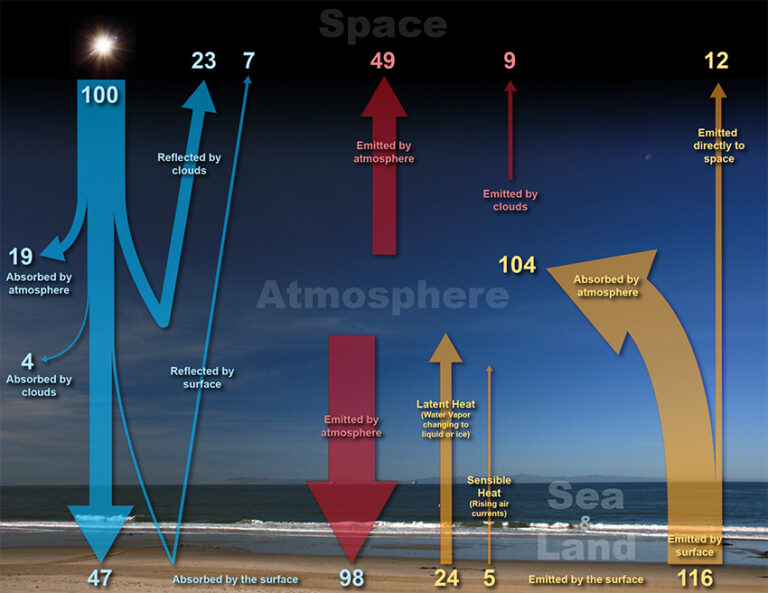In Reiki, chakras are seven energy centers in the body, each associated with specific physical, emotional, and spiritual aspects of well-being.
In Reiki healing, chakras are the vital energy centers that influence physical, emotional, and spiritual well-being. These spinning wheels of energy align along the spine, from the base to the crown of the head. Understanding how to work with these chakras is fundamental to effective Reiki practice.

The 7 Main Chakras in Reiki Healing
Reiki practitioners focus on seven primary chakras, each governing specific aspects of our being. When balanced, these energy centers promote harmony throughout the body-mind system.
1. Root Chakra (Muladhara)
Located at the base of the spine, this red energy center relates to survival, grounding, and physical vitality. Blockages may manifest as anxiety or financial insecurity. Reiki practitioners often use root chakra stones like hematite to enhance healing.
2. Sacral Chakra (Svadhisthana)
This orange chakra below the navel governs creativity, sexuality, and emotional flow. In Reiki sessions, practitioners might combine energy work with sacral chakra crystals like carnelian for enhanced results.
3. Solar Plexus Chakra (Manipura)
The yellow energy center at the stomach area controls personal power and self-esteem. Reiki masters often observe that clients with digestive issues frequently have solar plexus imbalances.
4. Heart Chakra (Anahata)
This green chakra in the chest area governs love and compassion. According to Reiki.org, the heart chakra acts as a bridge between lower and higher chakras.
5. Throat Chakra (Vishuddha)
The blue energy center at the throat regulates communication and self-expression. Many Reiki practitioners recommend throat chakra stones like lapis lazuli between sessions.
6. Third Eye Chakra (Ajna)
This indigo chakra between the eyebrows relates to intuition and insight. In Reiki, practitioners often report enhanced intuitive abilities after consistent third eye work.
7. Crown Chakra (Sahasrara)
The violet or white energy center at the top of the head connects us to spiritual wisdom. As noted in NIH research, crown chakra activation often correlates with transcendent experiences.

How Reiki Works With Chakras
Reiki practitioners use specific techniques to assess and balance these energy centers:
Non-Contact Treatment
Unlike some energy therapies, Reiki typically works with hands held 4-6 inches above the body. This allows energy to flow directly to the chakra without being absorbed by physical tissues first.
Front and Back Balancing
Experienced practitioners treat both the front and spinal aspects of each chakra, as energy blockages often occur in the connecting pathways along the spine.
Breath Synchronization
Many Reiki masters synchronize their breathing with the client’s rhythm while focusing on their own hara (energy center below the navel) to deepen the connection.
Signs of Chakra Imbalances
| Chakra | Physical Symptoms | Emotional Signs |
|---|---|---|
| Root | Fatigue, constipation | Anxiety, insecurity |
| Sacral | Reproductive issues | Creativity blocks |
| Solar Plexus | Digestive problems | Low self-esteem |
| Heart | Heart/circulation issues | Difficulty giving/receiving love |
| Throat | Sore throat, thyroid issues | Fear of speaking up |
| Third Eye | Headaches, vision problems | Lack of clarity |
| Crown | Neurological disorders | Spiritual disconnection |
Enhancing Reiki Chakra Work
Many practitioners combine Reiki with complementary practices:
- Using chakra-specific crystals during sessions
- Incorporating essential oils like sandalwood for the crown chakra
- Recommending meditation between sessions
- Suggesting color therapy aligned with each chakra
Regular Reiki sessions can help maintain chakra balance, promoting overall wellness on all levels – physical, emotional, mental and spiritual.
